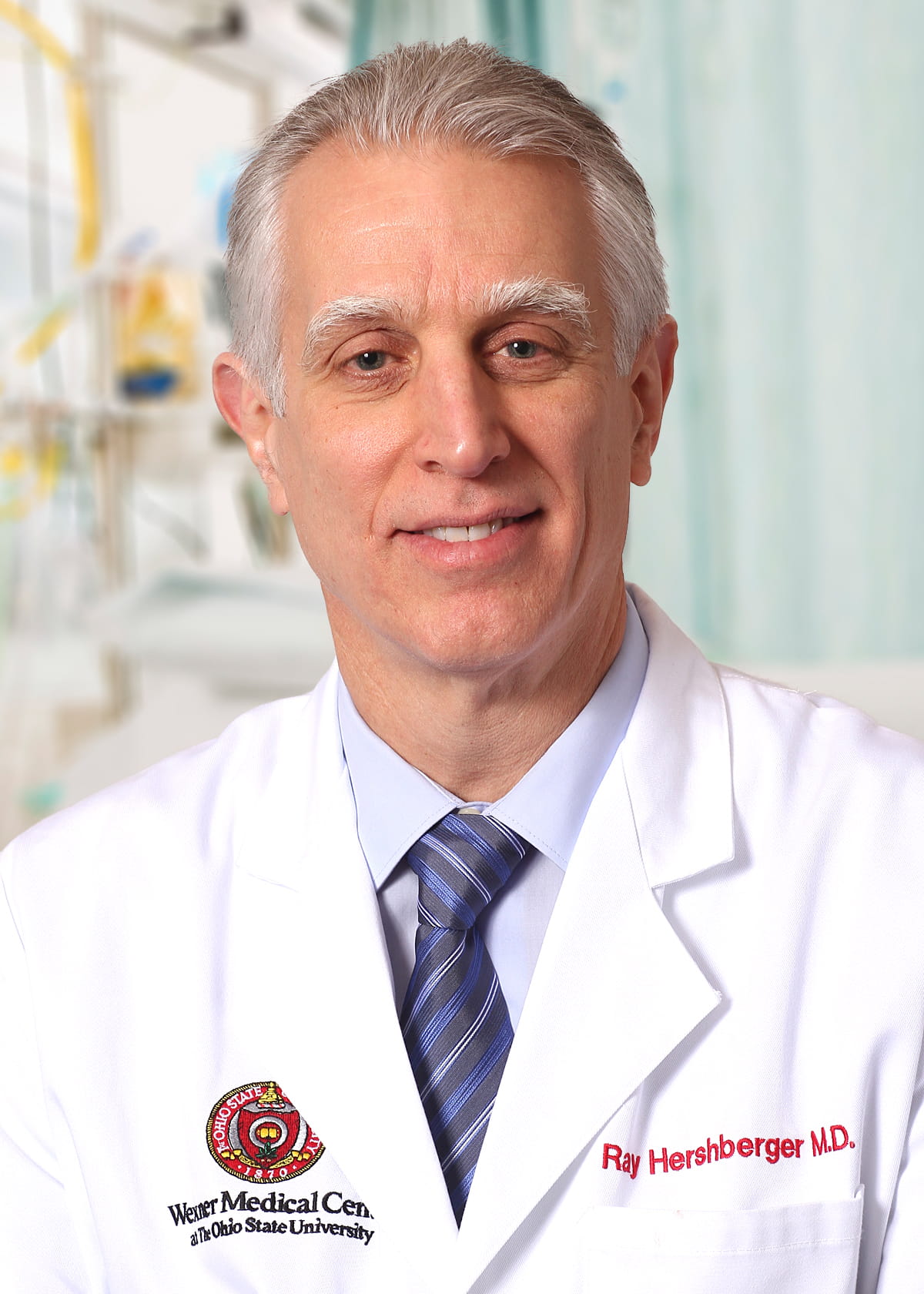COLUMBUS, Ohio – A new study led by researchers at The Ohio State University Wexner Medical Center and College of Medicine found that heavy alcohol use does not directly cause dilated cardiomyopathy (DCM), an inherited heart muscle disease.
"Despite conventional wisdom that prolonged and excessive alcohol drinking causes DCM, our study did not observe an association of heavy drinking with DCM after controlling for age, race, comorbidities or genetics," said study senior author Ray Hershberger, MD, a cardiologist from the divisions of Cardiovascular Medicine and Human Genetics at Ohio State's College of Medicine.

DCM is a condition in which the heart muscle weakens and the left ventricle enlarges. It's the most common cause of patients needing a heart transplant and is responsible for about half of heart failure cases that result from a weakened left ventricle. Prior information has suggested that 1 in 250 Americans have DCM.
The study consisted of 1,188 patients with DCM and 1,407 of their first-degree relatives (children, parents or siblings). Researchers used surveys to measure alcohol consumption and analyzed genetic data to identify rare variants related to DCM.
While one-third of DCM patients and their first-degree relatives were moderate to heavy alcohol drinkers, researchers did not find an association of heavy alcohol use and DCM. Instead, the presence of certain rare genetic variants, commonly termed gene mutations, was strongly linked to the cause of DCM, while alcohol did not appear to be linked to cause.
"While alcohol can cause other kinds of serious heart problems like high blood pressure and irregular heartbeats, our data suggest that's not the case with DCM. This study reinforces that genetics are highly likely the underlying cause of DCM, not alcohol," Hershberger said. "Nevertheless, drinking alcohol is not healthy, and some data suggest that if you have DCM, alcohol may make the DCM worse. More research is needed to understand how alcohol and genetics interact in DCM."
The study, published in Circulation: Genomic and Precision Medicine, is part of a series of research findings by the DCM Consortium led by Hershberger. The consortium is composed of 25 leading academic U.S. heart failure/heart transplant programs.
The DCM Consortium was funded by a $12.4 million grant from the National Heart, Lung, and Blood Institute of the National Institutes of Health and a supplemental grant from the National Human Genome Research Institute. For this study, computational infrastructure was provided by The Ohio State University Division of Human Genetics Data Management Platform and the Ohio Supercomputer Center.
/Public Release. This material from the originating organization/author(s) might be of the point-in-time nature, and edited for clarity, style and length. Mirage.News does not take institutional positions or sides, and all views, positions, and conclusions expressed herein are solely those of the author(s).View in full here.






